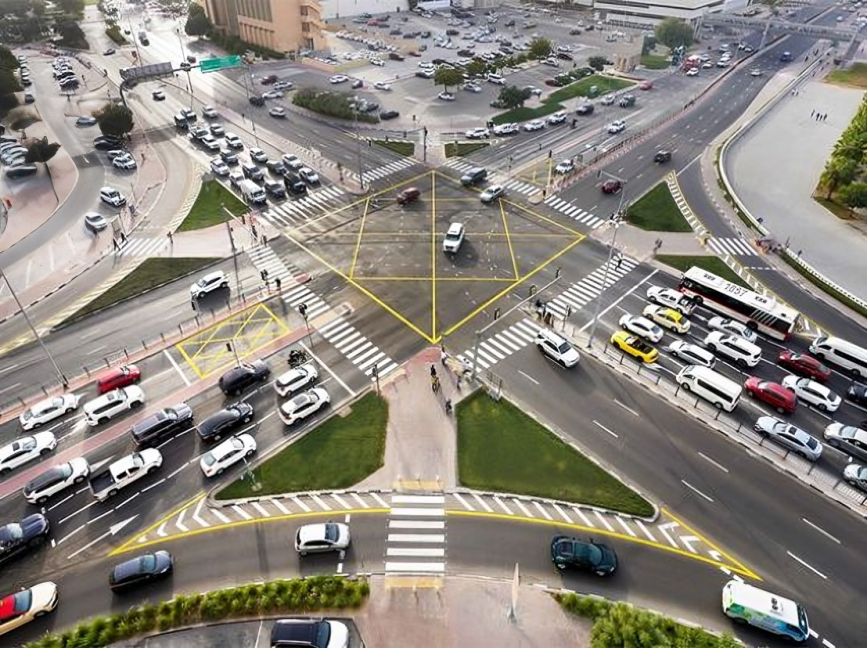DUBAI: In Dubai, a grace speed limit policy allows drivers to slightly exceed posted speed limits without facing immediate penalties. This buffer is typically set between 20 km/h to 30 km/h, depending on the specific road and enforcement zone. It serves as a practical cushion to account for minor speed fluctuations that may happen unintentionally due to traffic flow or brief lapses in driver attention.
This tolerance does not mean that speeding is permitted, but rather that minor overages within the grace range are not automatically ticketed. Authorities still monitor traffic speeds closely, and the radar systems in place are calibrated to detect violations that exceed this buffer. Once a motorist goes beyond the grace limit, penalties such as fines, black points, or even vehicle impoundment can apply.
Dubai’s traffic safety policies aim to balance enforcement with realism. The grace limit helps reduce unnecessary penalization of drivers for marginal speed excesses while encouraging safer road behavior. It also reduces administrative load by focusing enforcement on more serious violations rather than minor infractions that pose less risk.
Motorists are still advised to strictly follow the posted speed limits rather than rely on the grace range. The presence of this buffer should not be interpreted as an invitation to routinely drive above the limit. Authorities can modify or suspend the grace allowance in specific zones or during safety campaigns, making it crucial for drivers to remain alert and cautious at all times.



